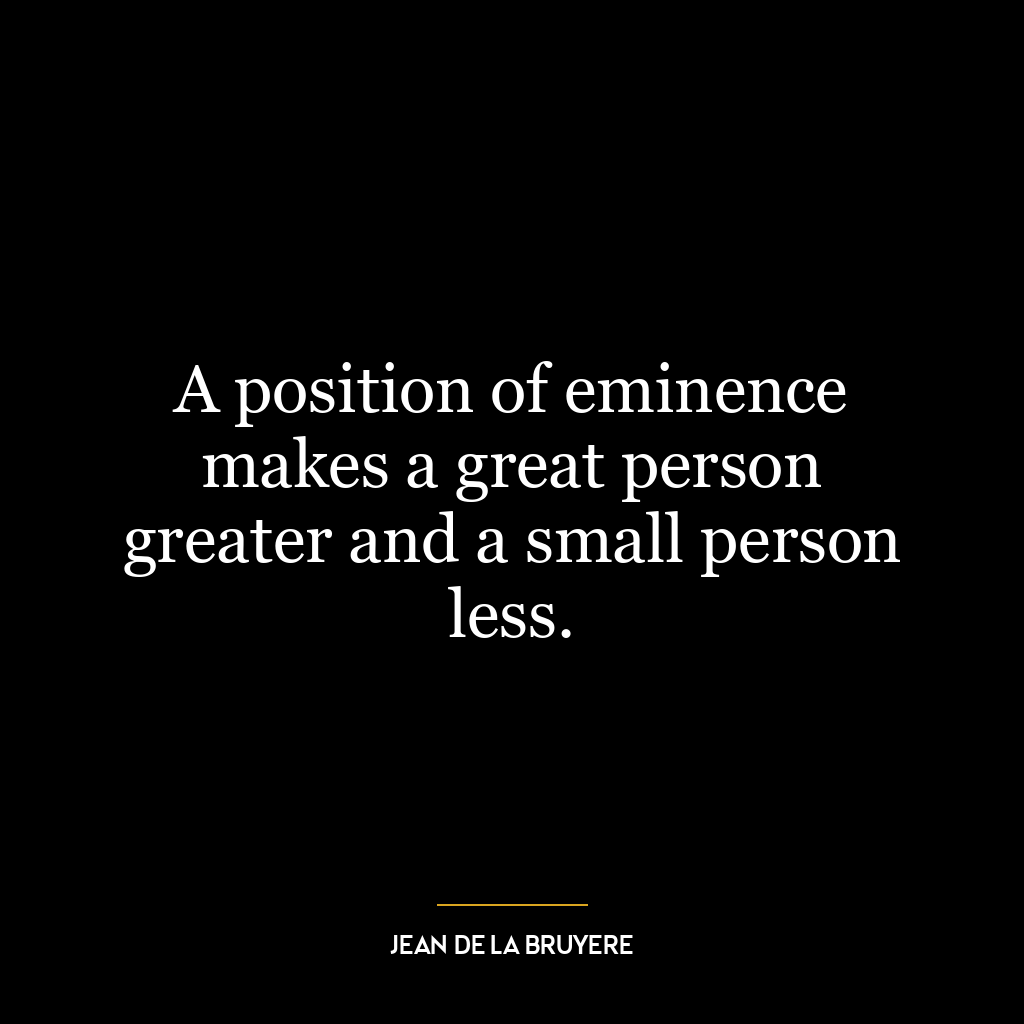The quote, “What is new in our time is the increased power of the authorities to enforce their prejudices,” suggests that in contemporary times, those in power have gained more ability to impose their biases on others. This could be due to advancements in technology, changes in societal structures, or shifts in political landscapes that have given authorities more control over information dissemination, public opinion, and individual freedoms.
The term “prejudices” here implies not just personal biases, but also the systemic biases that are deeply ingrained in our societies. These biases can be based on race, religion, gender, class, or any other socially constructed categories. When those in power have the capacity to enforce these prejudices, it means they can shape laws, policies, and societal norms in ways that favor certain groups over others, leading to inequality and injustice.
In today’s world, we can see this idea manifesting in various ways. For instance, the proliferation of misinformation and propaganda through social media platforms is one way authorities can enforce their prejudices. By controlling the narrative and manipulating public opinion, those in power can maintain their status and suppress dissenting voices.
In terms of personal development, this quote can serve as a reminder to be critical of the information we consume and the societal norms we adhere to. It encourages us to question the sources of our beliefs and values, to consider who benefits from certain narratives, and to challenge the prejudices that are enforced by those in power. It also highlights the importance of advocating for a more equitable and inclusive society, where power is not used to enforce prejudice but to challenge and eliminate it.










